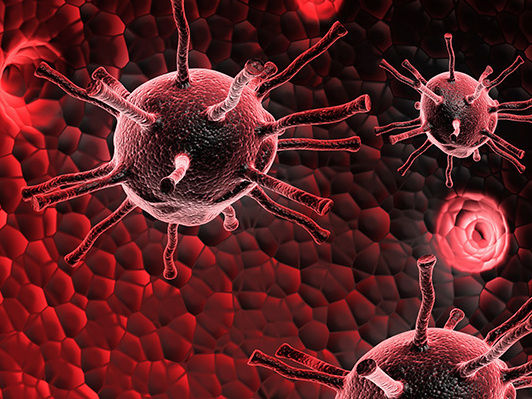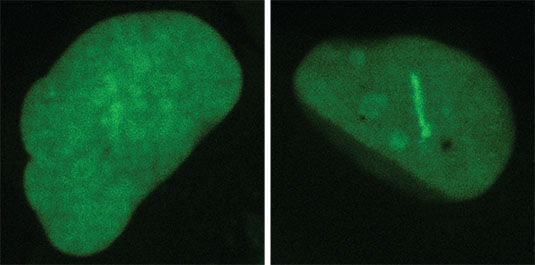GlycoVaxyn and a Harvard University affiliated hospital receive USD 3.4 million NIH grant for Staphylococcus aureus vaccine
GlycoVaxyn AG and Professor Jean Lee, principal investigator at the Channing Laboratory, Brigham and Women’s Hospital, Harvard Medical School, announced that they have received a USD 3.4 million NIH grant to finance preclinical development of a novel Staphylococcus aureus vaccine.
Using GlycoVaxyn’s proprietary technology, staphylococcal surface polysaccharides will be conjugated in vivo to conserved protein antigens from S. aureus. The efficacy of this novel bioconjugate vaccine will then be evaluated in different animal models of S. aureus infection.
“GlycoVaxyn’s first generation S. aureus bioconjugate vaccine has shown protective efficacy in preclinical studies. The new generation vaccine is expected to give broader protection against a variety of S. aureus strains,” declared Dr. Jean Lee.
GlycoVaxyn and the Brigham and Women’s Hospital have a long standing collaboration on this project, and the NIH funding will accelerate the development of potential vaccine candidates.
GlycoVaxyn, which started Phase I clinical trials with a bioconjugate vaccine against Shigella dysenteriae early this year, is expecting to start a clinical trial with its first generation S. aureus vaccine by late 2011.
“Our bioconjugation technology allows us a very flexible and powerful approach to multivalent vaccine development, coupling polysaccharide to protein antigens in a strictly controlled way,” said Dr. Michael Wacker, CSO and founder of GlycoVaxyn. “This grant confirms the potential of this approach and will allow extensive preclinical evaluation of the novel vaccine.”
Most read news
Organizations
Other news from the department research and development

Get the life science industry in your inbox
By submitting this form you agree that LUMITOS AG will send you the newsletter(s) selected above by email. Your data will not be passed on to third parties. Your data will be stored and processed in accordance with our data protection regulations. LUMITOS may contact you by email for the purpose of advertising or market and opinion surveys. You can revoke your consent at any time without giving reasons to LUMITOS AG, Ernst-Augustin-Str. 2, 12489 Berlin, Germany or by e-mail at revoke@lumitos.com with effect for the future. In addition, each email contains a link to unsubscribe from the corresponding newsletter.
Most read news
More news from our other portals
Last viewed contents
APV_(NMDAR_antagonist)

Small protein is difficult for phagocytes to digest
New data on Novartis drug Zometa for treatment of breast cancer and multiple myeloma-related bone complications published
List_of_subjects_in_Gray's_Anatomy:_VII._The_Veins
Pharming and Santarus announce initiation of Phase IIIb clinical study with RHUCIN in Acute Hereditary Angioedema
Category:Parkinson's_disease

Creation of a detailed "catalogue" of degradation products in cells - New insights into a quality control mechanism that removes defective genetic products from cells
Bio-Rad Announces Receipt of New Ruling in Applied Biosystems Patent Infringement Dispute





















































